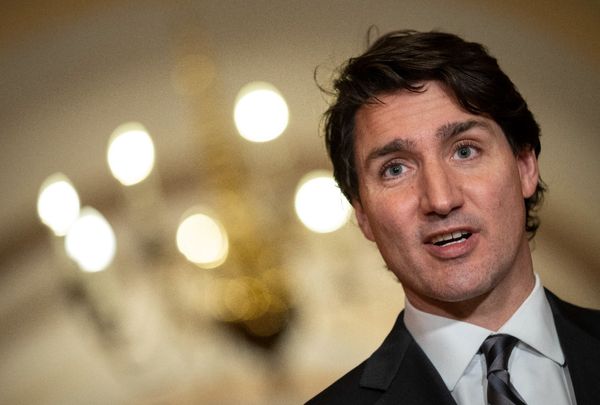
Paris (AFP) - A majority of French people support rolling strikes announced against President Emmanuel Macron's pension reform, a poll showed Monday, underlining the unpopularity of changes the government views as essential.
Massive strikes are expected from Tuesday, with unions promising to bring the country "to a standstill" and strikes set to hit many sectors such as transport, energy and oil refining.
A total of 56 percent of respondents said they supported rolling strikes and 59 percent said they backed the call to bring the country to a standstill, a poll by the the Elabe survey group for the BFM news channel showed on Monday.
Two in three people (64 percent) support the protest movement in general, which is seeking to force the government to abandon its plans to raise the retirement age to 64 from its current level of 62.
"We don't want French people to be, quote, unquote, 'victims' of a long-term blockade," government spokesman Olivier Veran told France 2 on Monday after warning last week that the strikes could lead to an "ecological, agricultural and health catastrophe."
"The history of protest movements in France shows that you don't have to block the whole country and cause such major inconveniences for people in their daily lives," he added.
Only one in five regional and high-speed trains are expected to run on Tuesday while a leading trade unionist representing refinery workers has vowed to bring the French economy "to its knees."
More than 260 demonstrations are expected nationwide, with between 1.1-1.4 million people expected to hit the streets, a police source told AFP on condition of anonymity.
The upper limit of that range would represent the biggest day of protests in decades, higher than the 1.27 million who took part in demonstrations on January 31, and bigger than previous pension reform protests in 2010.
Macron's plan to raise the age of retirement to 64 is a flagship policy of his second term in office, which he proposed in his manifesto for re-election last April when he defeated far-right leader Marine Le Pen.
The 45-year-old has called the change "essential" because of deficits forecast for the system for most of the next 25 years according to analysis by the independent Pensions Advisory Council.
France lags behind its neighbours and other major European economies where the retirement age has already been hiked to 65 or above to reflect higher life expectancy.
The poll also contained some encouraging news for the government: 64 percent of people thought the reform would be enacted despite the protests, with the Senate currently debating the draft legislation.







